
Taliban names cofounder as head of political office in Qatar

Friday January 25, 2019
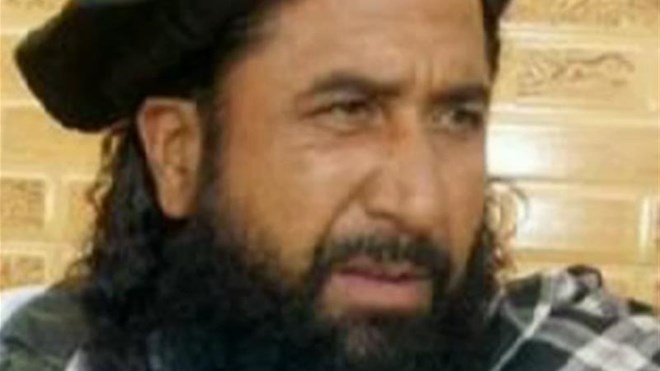
Baradar was released from a prison in Pakistan in October last year [Al Jazeera]
Appointment of Abdul Ghani Baradar comes as talks with the US to end 17-year Afghan war appear to gain momentum.
"Baradar will soon fly to Qatar. He has been given the new position because the US wanted senior Taliban leadership to participate in peace talks," a senior Taliban official said.
Release from prison
Baradar is one of four men who founded the Taliban movement in Afghanistan in 1994. He served in several key positions when the Taliban ruled Afghanistan from 1996-2001.
He fled to Pakistan after the US invasion in 2001 and was arrested in Pakistan in 2010.
Baradar was released from a prison in Pakistan in October last year, and he later joined his family in Afghanistan.
His release, according to security experts, was part of high-level negotiations led by Khalilzad with the Taliban.
David Sedney, deputy US assistant secretary of defense for Afghanistan and Pakistan under former President Barack Obama, called Baradar's appointment "a startling change ... that bodes very well for peace", adding that he was "more than cautiously optimistic" about the outcome of the talks in Doha.
"Ten years ago, Mullah Baradar led a dissident faction of the Taliban that wanted peace talks with the [Afghan] government of then-President Hamid Karzai," Sedney told Al Jazeera.
"The government of Pakistan was opposed to those talks; they arrested Mullah Baradar and held him in prison until last fall during which time he was allegedly treated very toughly and perhaps even tortured."
Sedney said that following Barade's release at the request of the US "many people thought he would fade into the distance, but instead he's taken advantage of a fractured Taliban leadership and the desire of many Taliban for peace to reassert his authority".
"So this is a major, major change for the Taliban, and one that bodes very well for peace. Mullah Baradar has been on the side of peace for over a decade and this is a sign that there is great hope," Sedney added. "Many things could go wrong but there has been no such hope for peace in Afghanistan for almost the last 20 years."
Diplomatic efforts to end the United State's longest-running conflict intensified last year after the appointment of the Afghan-born Khalilzad to lead direct talks with the Taliban.
He has held at least four meetings with Taliban representatives.
During the first two days of talks in Doha, the meeting focused on a plan for the withdrawal of the foreign forces and a guarantee that Afghanistan would not be used for hostile acts against the US and its allies, according to a Taliban official.
"The mechanism for a ceasefire and ways to enter into an intra-Afghan dialogue were the two other big topics that were supposed to be discussed on Thursday," the official told Reuters news agency.
Members of Afghanistan's High Peace Council (AHPC), a body that oversees peace efforts but does not represent the government, said they were hoping that positive news would emerge from Doha.
"When talks take a long time, it means the discussion is in a sensitive and important stage, and the participants are getting close to a positive result," said Sayed Ehsan Taheri, the spokesman for AHPC in Kabul.
"I hope this meeting opens a way for an intra-Afghan dialogue."
The Taliban, who say it is fighting to expel foreign troops from Afghanistan, has repeatedly rejected the offer to hold direct talks with President Ashraf Ghani's government, which they consider an illegitimate foreign-imposed regime.
The US and regional powers insist that the peace process should be "Afghan-led and Afghan-owned".
Despite the talks, violence has persisted amid questions about how the Afghan government forces would withstand the Taliban threat without Washington's military support following US President Donald Trump's reported intention to bring home almost half of his country's 14,000 troops deployed in Afghanistan.



 0
0 
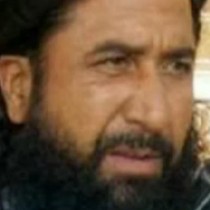


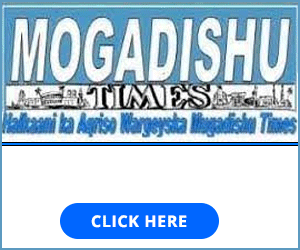
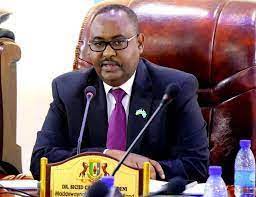
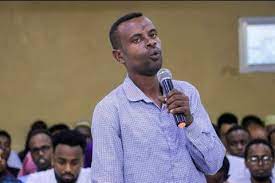
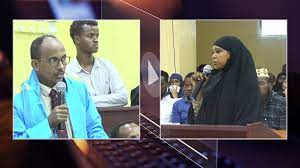

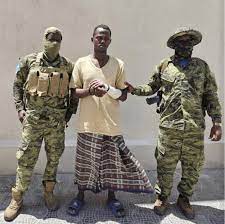


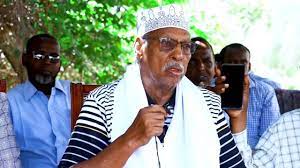
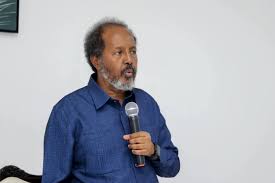
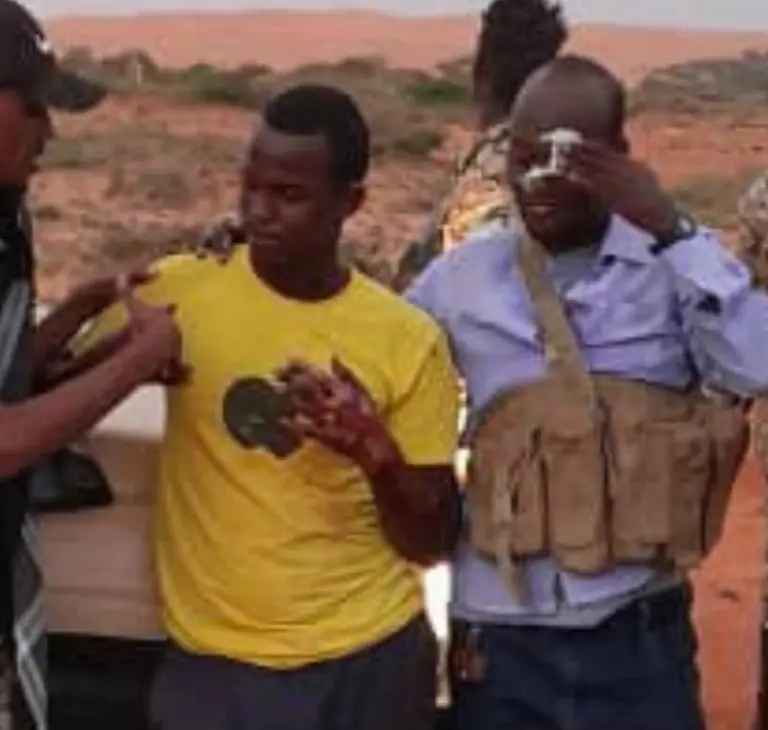
Taliban names cofounder as head of political office in Qatar
The Afghan Taliban has named one of its co-founders as the leader of its political office in Qatar, as part of a major reshuffle that comes as talks with the United States to end the 17-year war appear to gain momentum. The appointment of Abdul Gh